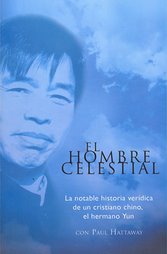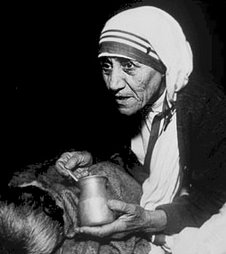
"Love makes us lessen our selfish and self-centered view of the world. Even the smallest kind word, or gentle loving gesture, has repercussions in the infinite…"- Lama Surya Das
Unconditional love is the ability to love someone exactly the way they are and the way they are not, without judgment or evaluation. With this kind of unconditional love, the well being of others becomes more important to us than our own.

Spiritual teachers tell us that if we can silence the constant chattering of the mind, we can get in touch with this capacity. I know it is a big stretch for me, but for the wise old grandmother in the South Korean film, The Way Home, it is second nature.
This film by Lee Jeong-hyang, one of Korea's few female directors, is this year's biggest box-office hit in South Korea and the first Korean film to receive major studio distribution in the United States.
The grandmother, played with startling authenticity by first-time actress, 78 year-old Kim Eul-boon, conveys without speaking the redeeming power of love. Like the young Aboriginal girls in the Australian film Rabbit-Proof Fence, Kim had never even seen a movie before she was discovered in a talent search among rural villagers.
In The Way Home, Sang-woo (Yoo Seung-ho), an insufferable seven-year old boy from Seoul, is deposited at his grandmother's house in the remote village of Youngdong in Korea's Choongbuk province so the mother can have time to look for work. The grandmother's posture is stooped and her face is withered from years of hard work and she suffers from a chronic disability and cannot speak.
She lives in a wooden hut carved into the hillside and the stunning cinematography magnificently captures the beauty and remoteness of this mountain retreat. Sang-woo is about the most spoiled and irritating boy that I have ever seen in films and one that would try the patience of St. Francis of Assisi. Full of street-smart know-it-all, he marches into grandma's home with his electronic toys, cans of Coca-Cola and Spam, and starts calling her dummy and byungshin (retard). When she asks what he wants to eat, he tells her "pizza, hamburger, and Kentucky Fried Chicken". She walks all the way to town to buy him a chicken but he won't eat it (until he is too hungry to resist) because it is boiled in a pot and not fried, Colonel-style.
Despite everything the boy does to her including stealing her shoes so she has to walk barefoot and removing a clasp for her hair so he can sell it to buy batteries for his Game Boy, she remains centered and loving. Rather than refusing to cater to his every whim, she becomes increasingly generous, cleaning and cooking for him and overlooking his stealing. He begins to accept the new lifestyle, helping his grandmother to thread a needle, hang up clothes on the clothesline, and shop with her at the market. Gradually he also learns about the meaning of kindness when he sees his grandmother give a package of vitamins to a dying man, and when a neighborhood boy, Hae-yeon (Yim Eun-kyung) forgives him for teasing him about a "crazy" runaway cow.

When Sang-woo's mother comes back to retrieve him, though undemonstrative, he has clearly changed. I was expecting a saccharine payoff, but Ms. Jeong-hyang wisely stays away from a melodramatic farewell that would be out of sync with the rest of the film. Besides, it isn't about the destination but the journey, and Sang-woo in his sojourn with grandma has learned some valuable lessons that become apparent by the end of the film.
The Way Home is dedicated to all grandmothers around the world and speaks volumes about the power of loving-kindness to heal the hardest heart. 





































No comments:
Post a Comment